Blockchain technology remains an essential innovation, these various applications in the market finance industry and participatory finance have profoundly disrupted certain societal dogmas, revolutionized certain practices in terms of management in the governance of issuers, such as the shareholder vote, the election of board members, the formation of so-called smart contracts… to name but a few.
The blockchain offers a real possibility of improving transparency, the decentralization of processes, and even efficiency in the governance of issuers, with a system of rules , strict, formal, and codified within a system of smart contracts " Contrat clever ”. These technical rules can replace a certain number of procedures and contractual relations, which govern for example the operation of a company, and thus allow a more transparent and responsible governance.
Implemented on the blockchain, these rules will be automatically applied by an underlying technology, and therefore cannot be modified or even violated. These rules will apply independently with the same rigor to all the players in the chain. Each transaction being permanently and incorruptibly recorded on the blockchain, control and auditability are definitely increased or even reinforced. Thus, anyone participating in a transaction on the blockchain can easily examine the transaction history, in order to assess the relevance and legitimacy of actions, as well as the accuracy of the settlements made.
The blockchain could facilitate, in fact, the optimization of certain routine operations, such as the vote of shareholders, and/or the election of the board of directors. Therefore, the adoption of secure voting mechanisms on the blockchain could transform these traditionally long and tedious operations into a much simpler, even transparent process based on private cryptography keys certifying that each transaction carried out is correctly authenticated and cannot be changed later.
For companies (issuers), the transparency and traceability of the blockchain therefore contribute to reducing the possibilities of corruption, insofar as the votes cast can be recorded on a decentralized, certified, or even incorruptible register. These votes can be checked at any time by the other personalities of the Board of Directors to ensure that the rules of procedure and governance have been correctly taken into account. Thus, thanks to the support of this technology, companies, in a certain policy of efficient management, will have to revise their mode of governance, optimize their management, while improving their relationship with all the stakeholders associated with the management of the company (supplier, shareholders, board of directors.)

















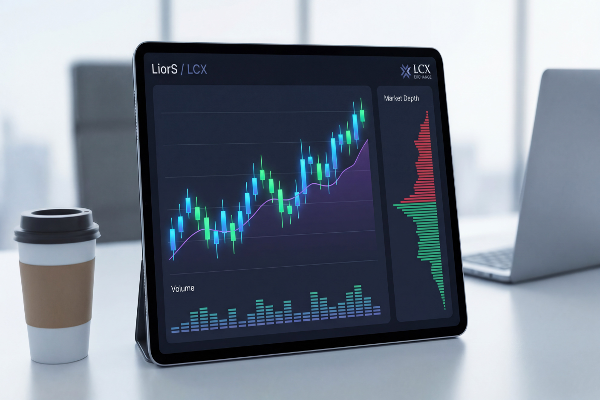
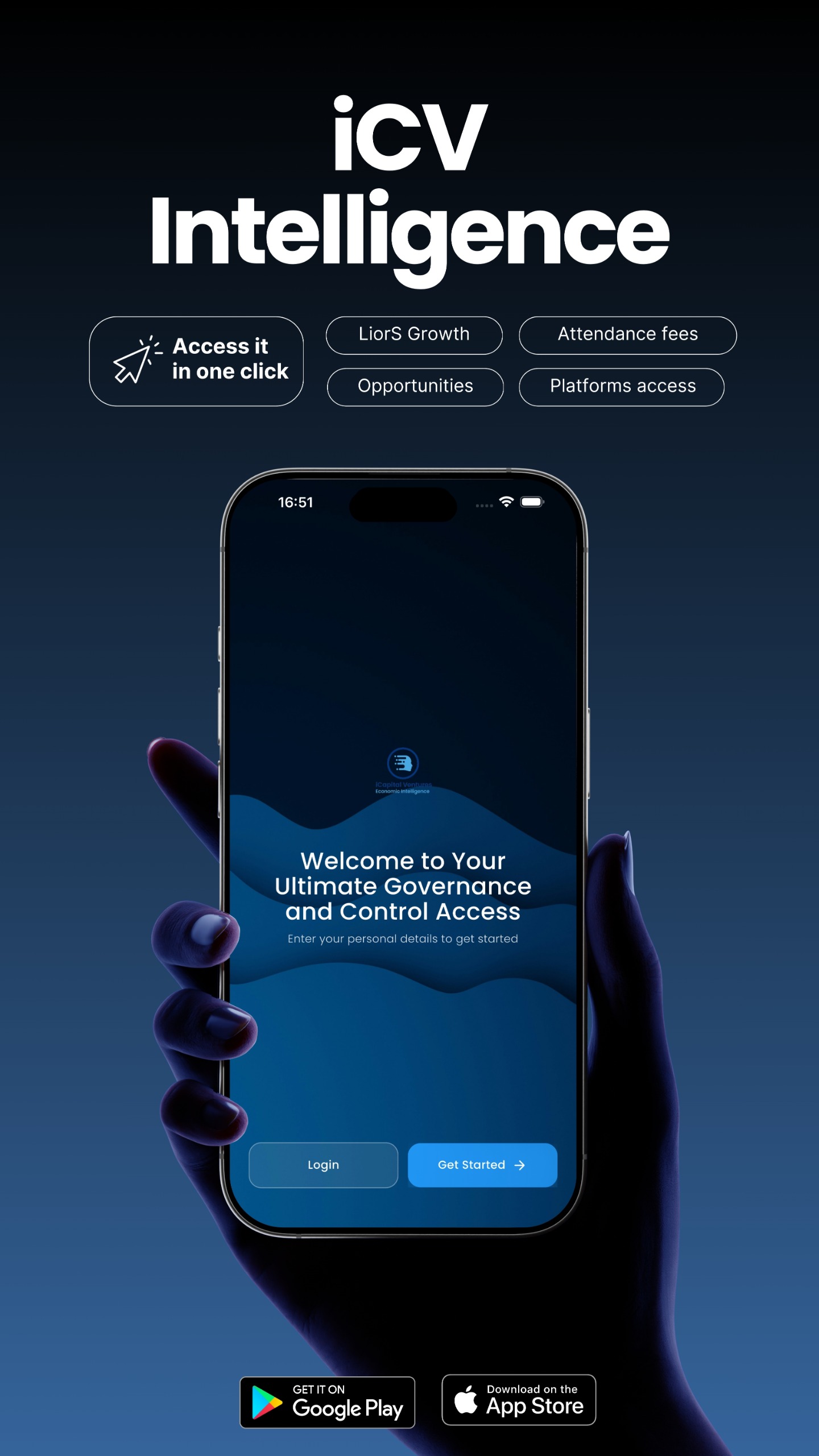




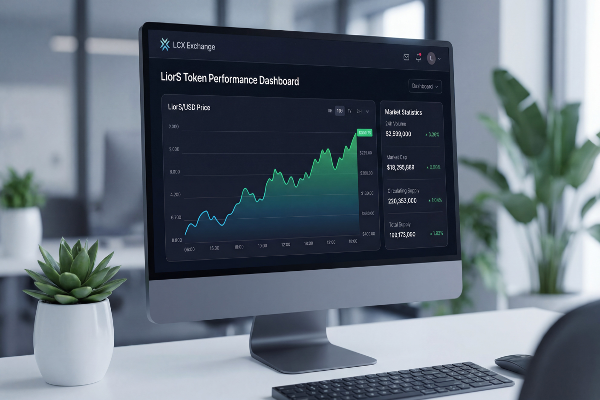




















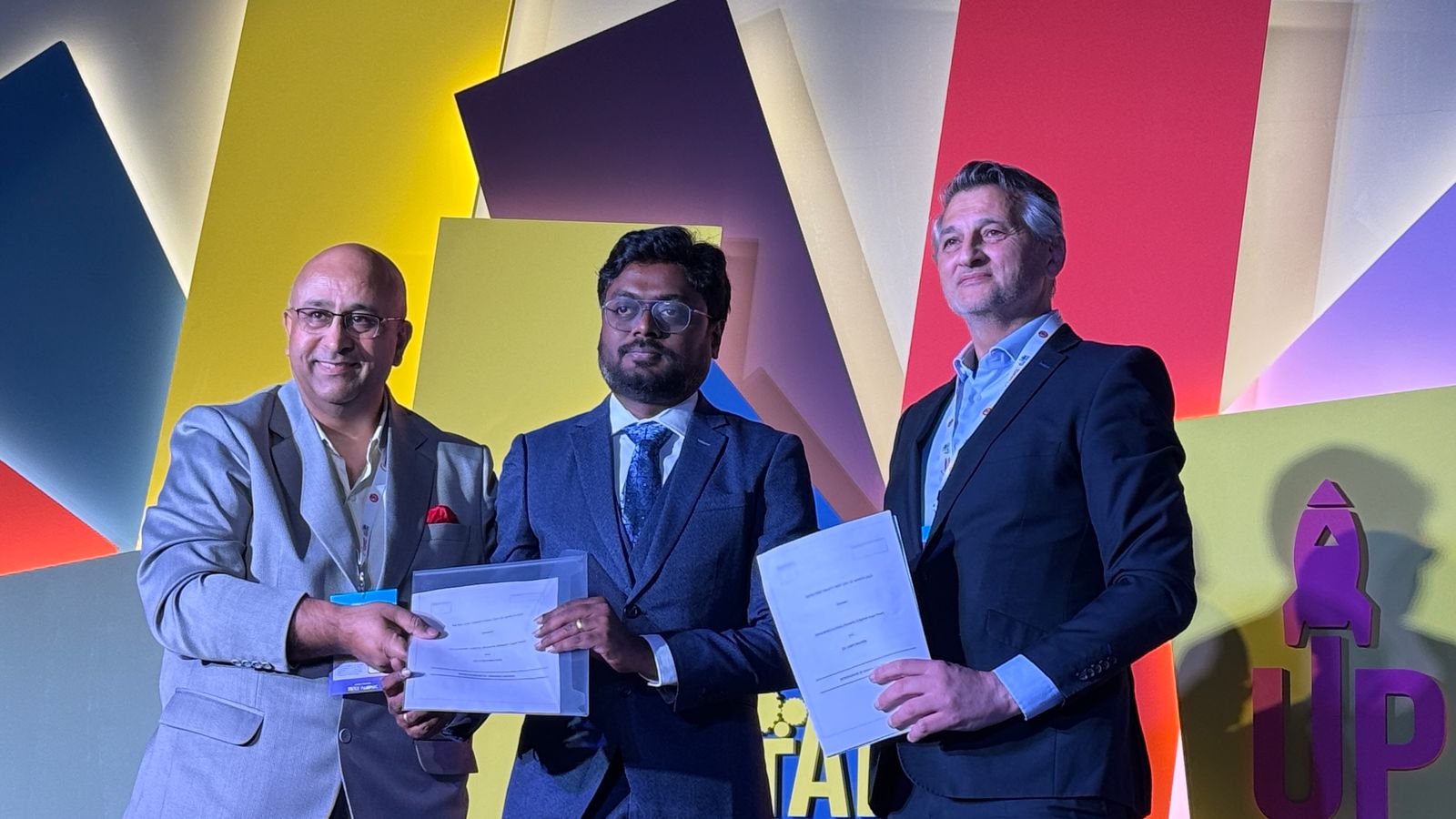






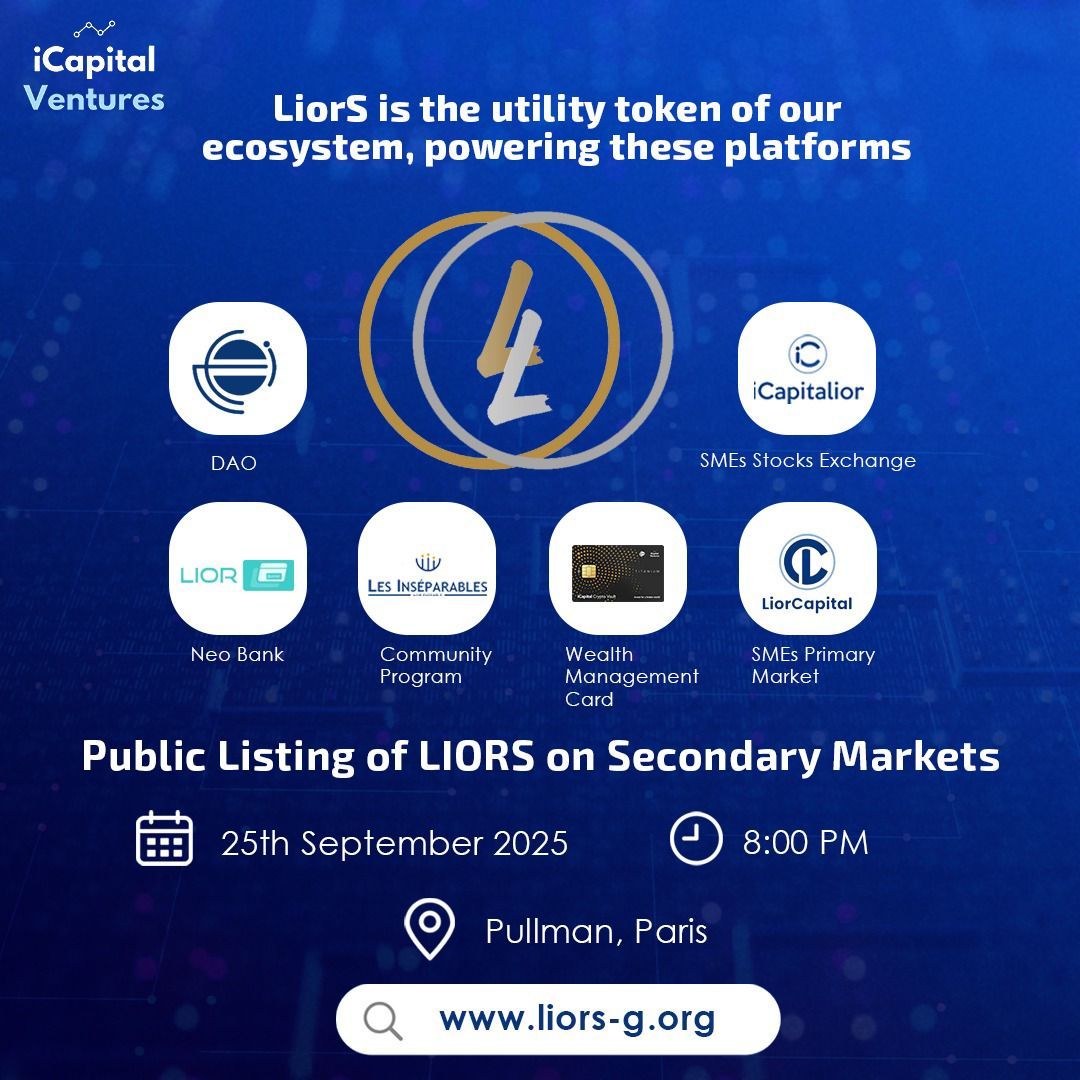
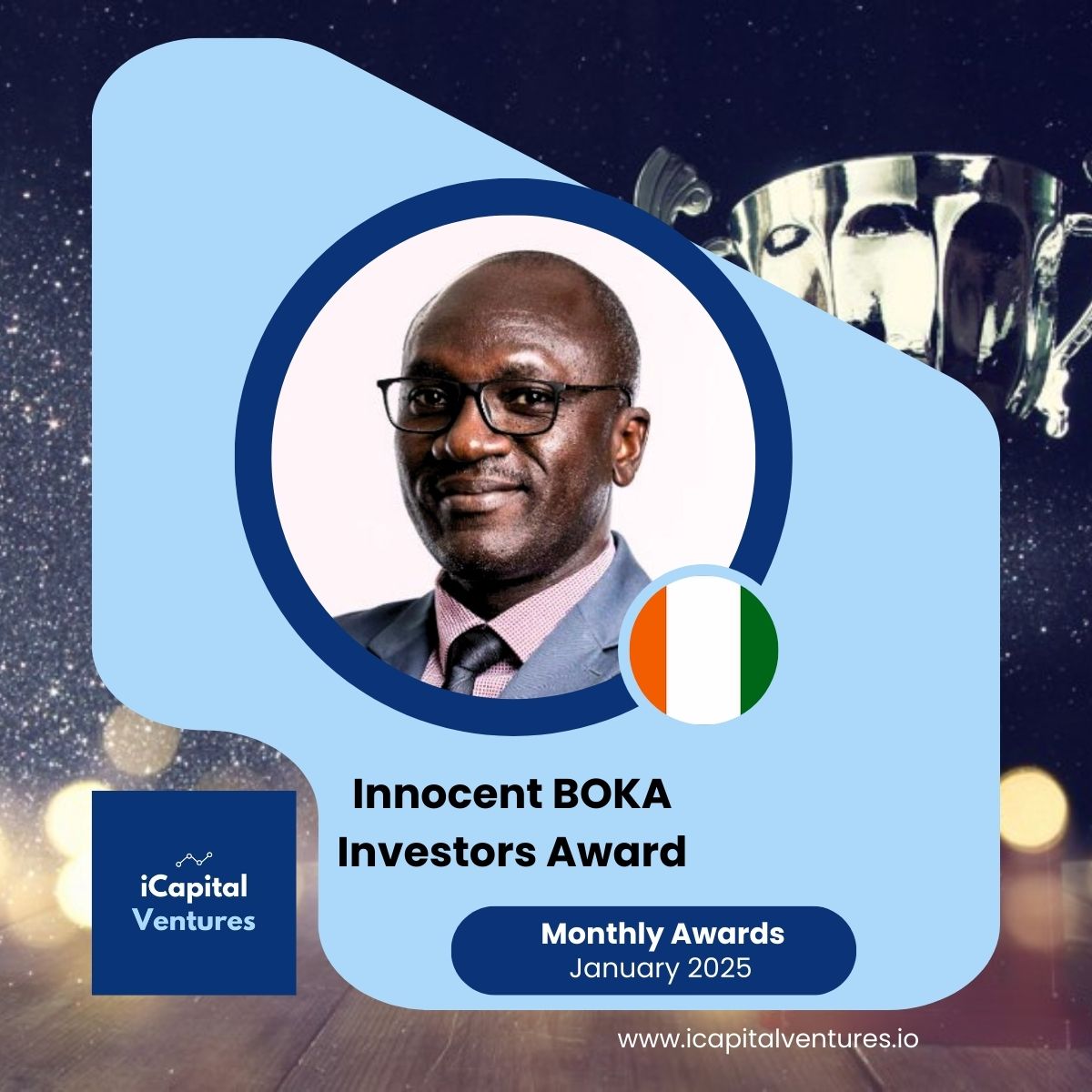



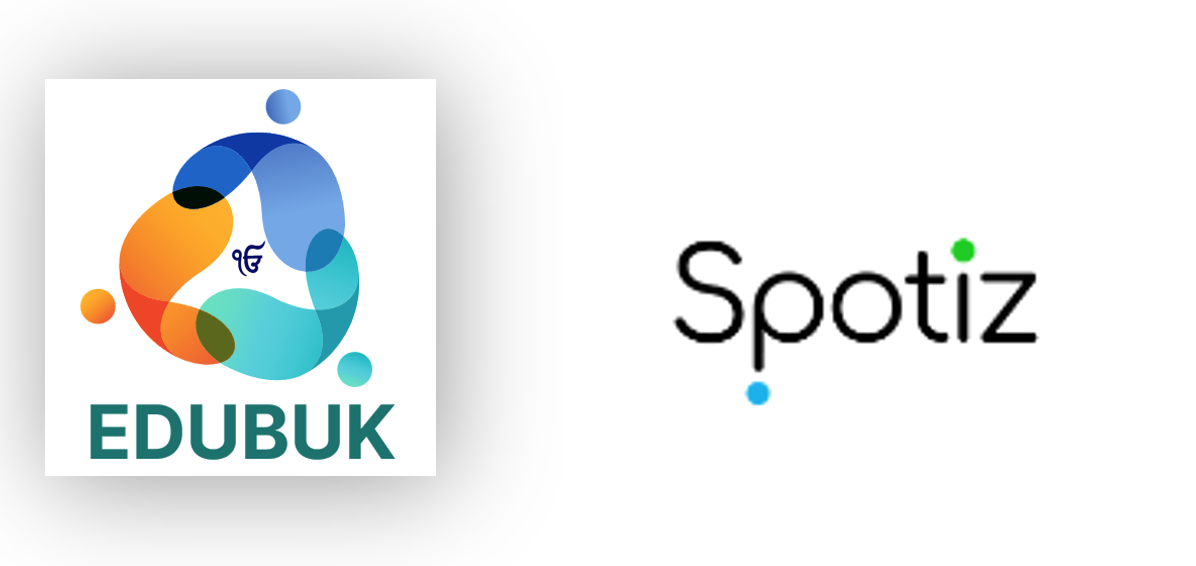
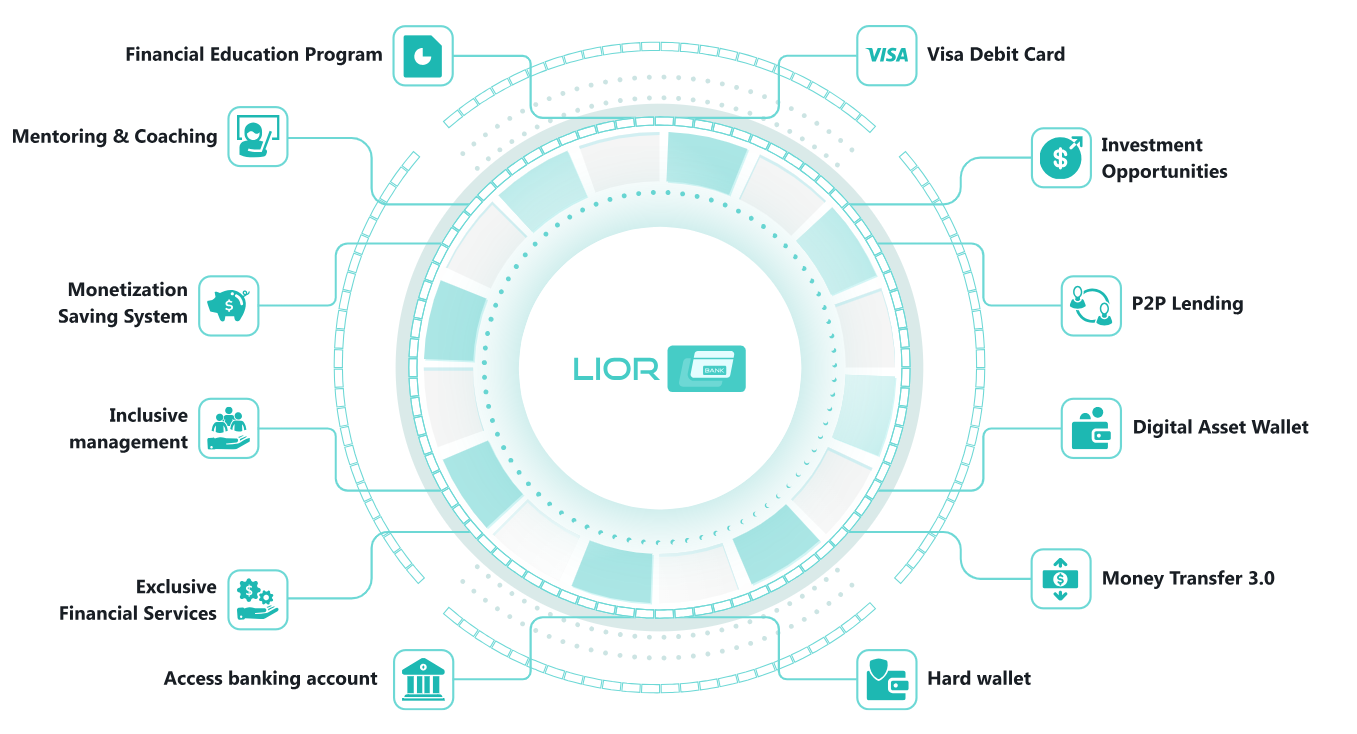
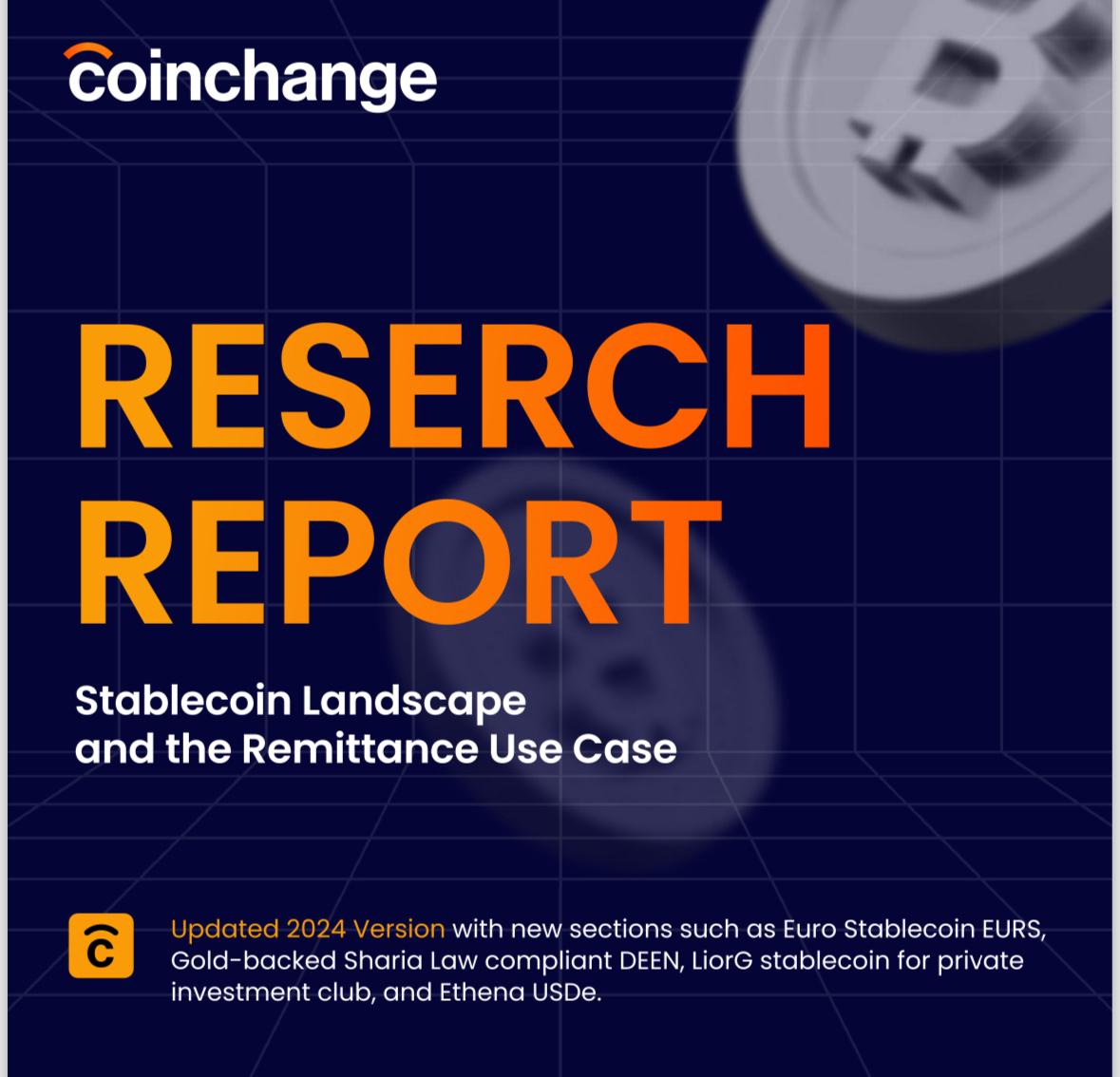
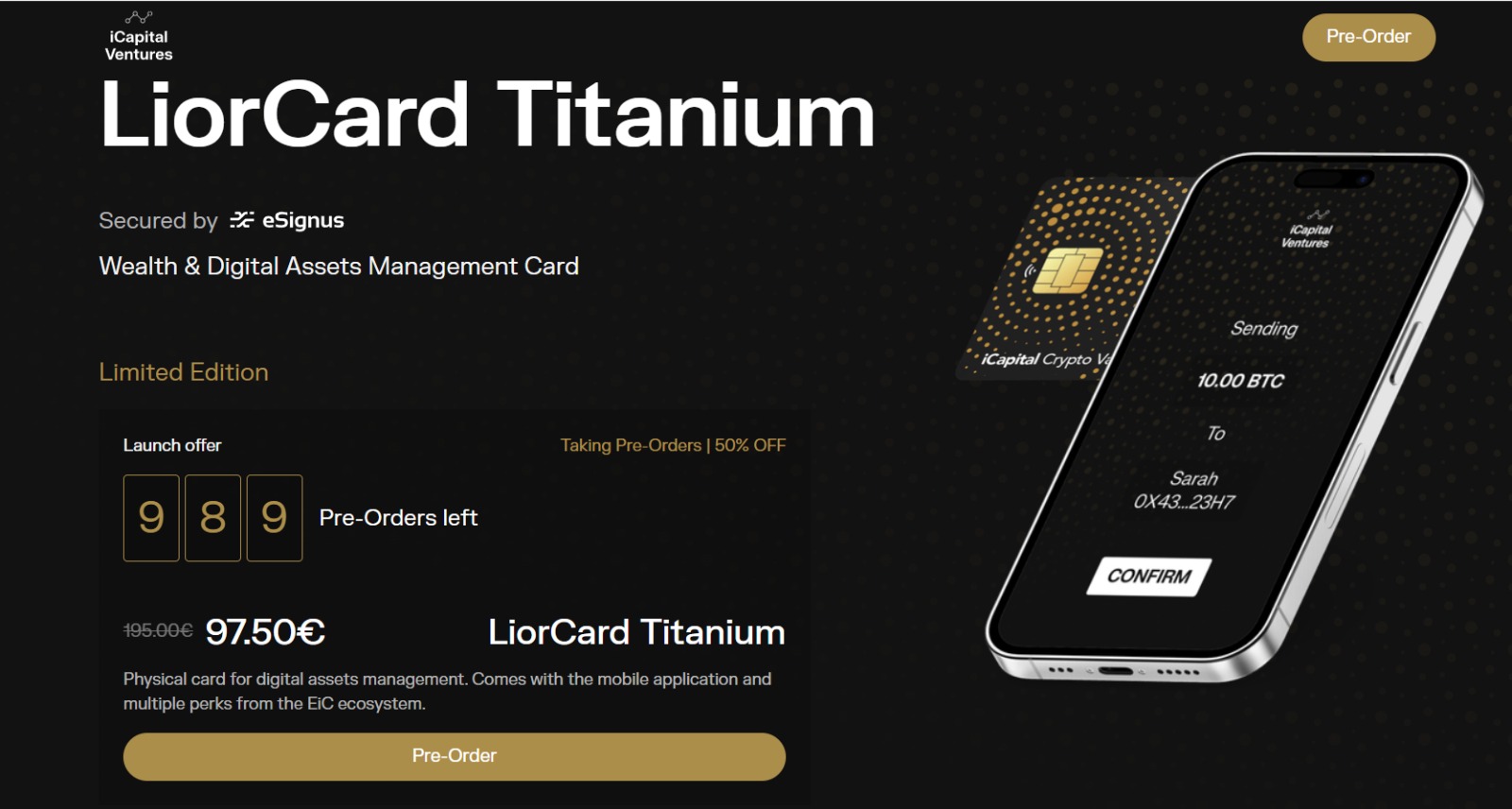






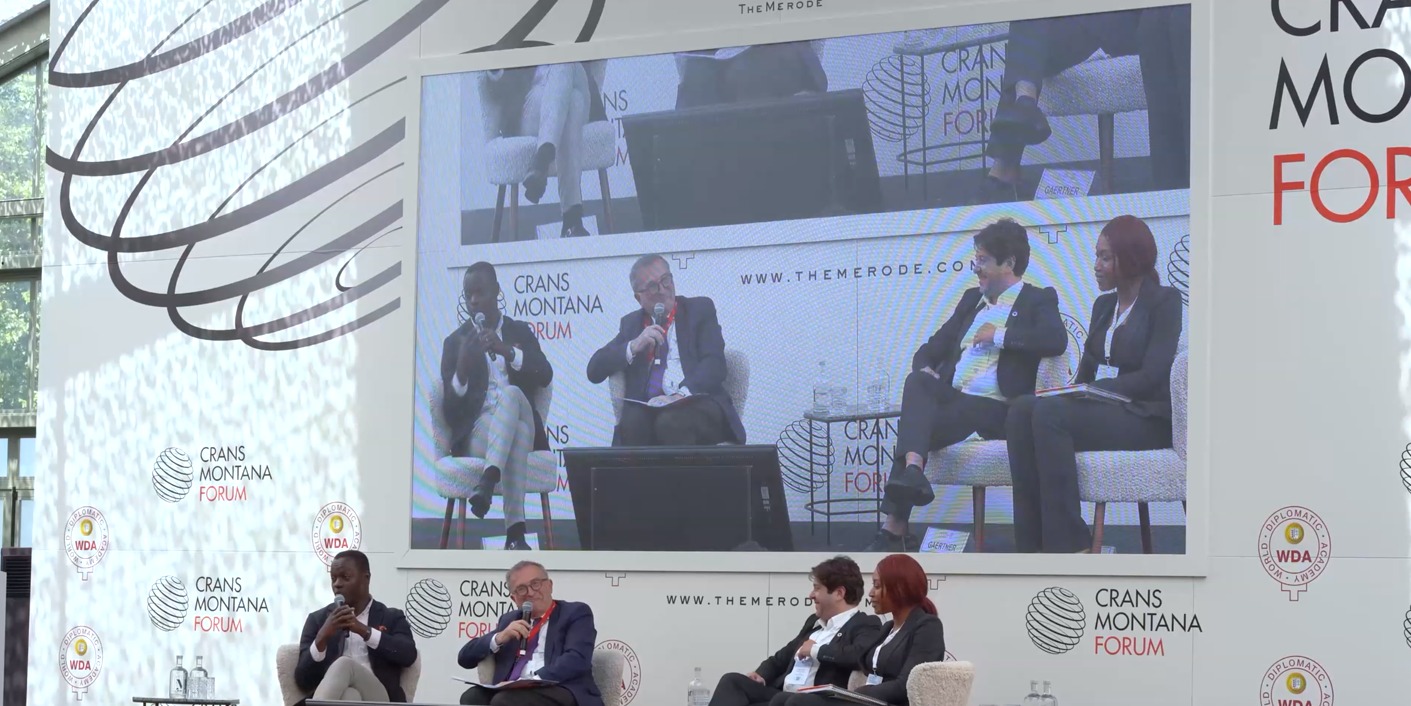
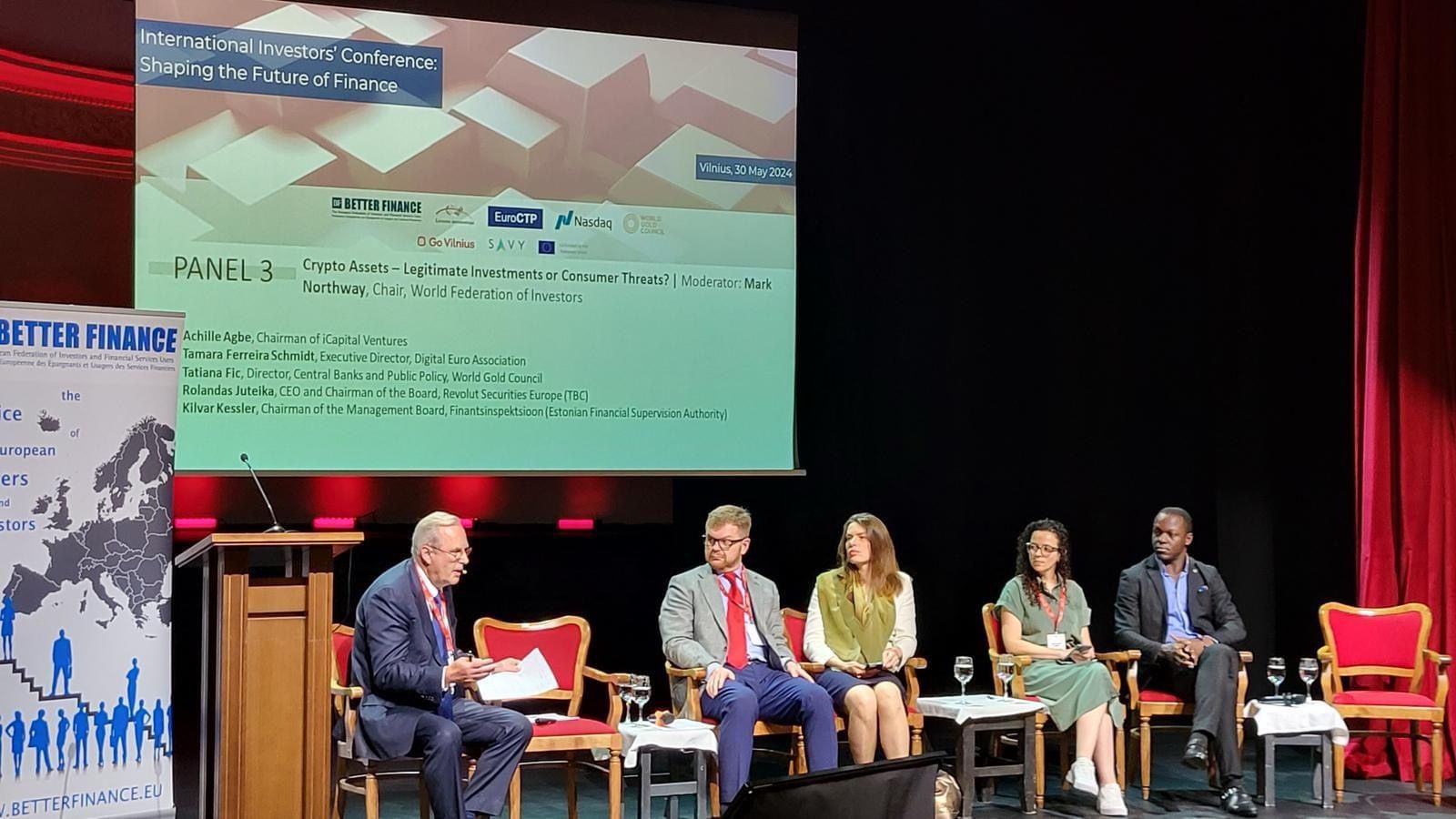









Share
00 Comments
No Comments found!